The United States Mission in Nigeria has addressed public concerns over its recent decision to reduce the validity of nonimmigrant visas issued to Nigerian citizens, stating that the move is unrelated to Nigeria’s foreign policy choices or immigration decisions.
The clarification follows speculation that the adjustment was connected to President Bola Tinubu’s recent appearance at the BRICS summit in Brazil, or Nigeria’s reported refusal to accept deported Venezuelans. The controversy had intensified after former U.S. President Donald Trump announced a 10 percent tariff on Nigerian exports shortly after the summit, prompting assumptions of diplomatic retaliation.
Earlier this week, the U.S. Embassy announced that most American nonimmigrant visas for Nigerians would now be limited to a three-month, single-entry validity period, replacing the previous longer-term options. The decision raised questions about whether it reflected Washington’s dissatisfaction with recent Nigerian government actions.
However, in a statement shared on Friday through its official X account, the U.S. Mission dismissed these claims, describing the policy as part of a routine and technical reassessment.
“The updated visa policy has no connection to third-country deportation matters, the rollout of Nigeria’s e-visa system, or affiliations with international groups like BRICS,” the statement clarified.
According to the mission, the changes stem from an ongoing global review designed to enhance immigration procedures, ensure consistency, and respond to evolving security considerations.
In Nigeria, the federal government has recently introduced wide-ranging reforms to modernize the immigration process. Under Interior Minister Olubunmi Tunji-Ojo, efforts have included transitioning to an electronic visa application system, upgrading to an e-CERPAC platform, and introducing e-gates and a centralized control center at major airports.
Despite the revision to visa validity, the U.S. Mission reaffirmed its strong relationship with Nigeria.
“We value the enduring partnership we share with Nigeria,” the mission stated. “Our commitment remains firm in working with both the Nigerian government and its citizens to uphold safe, lawful, and mutually beneficial travel arrangements.”
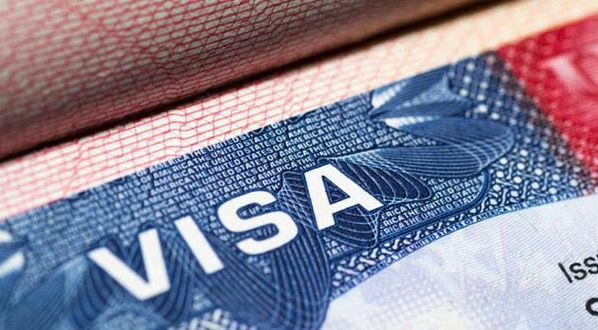
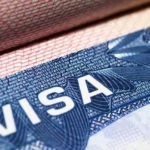
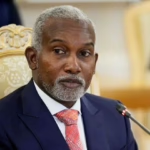

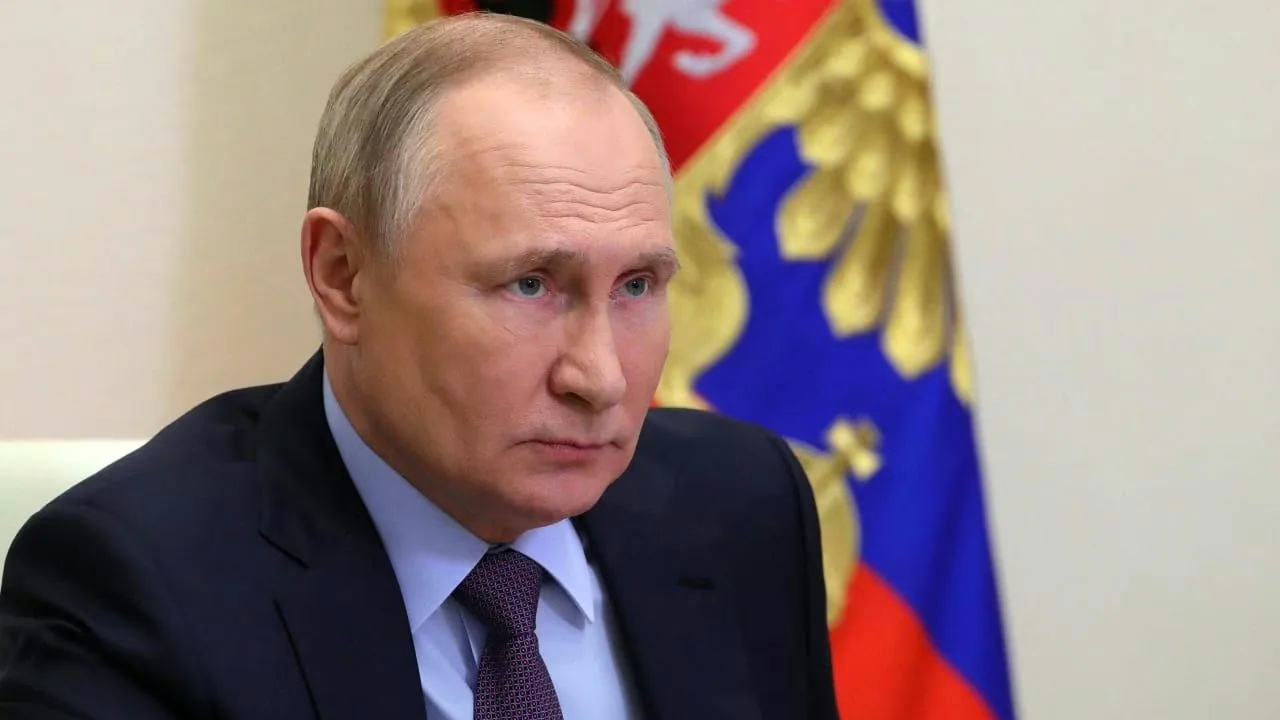
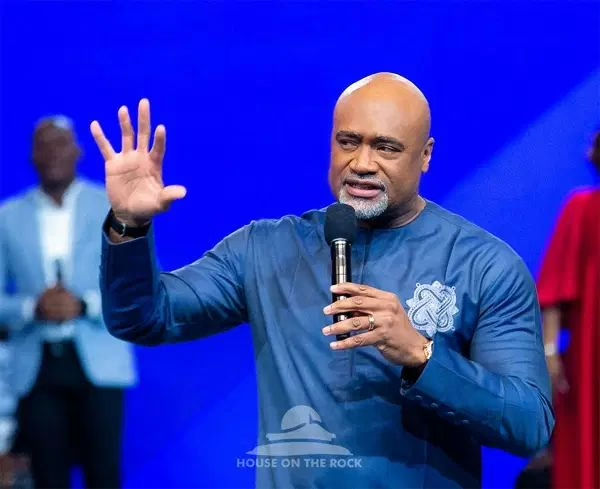




Leave a Reply